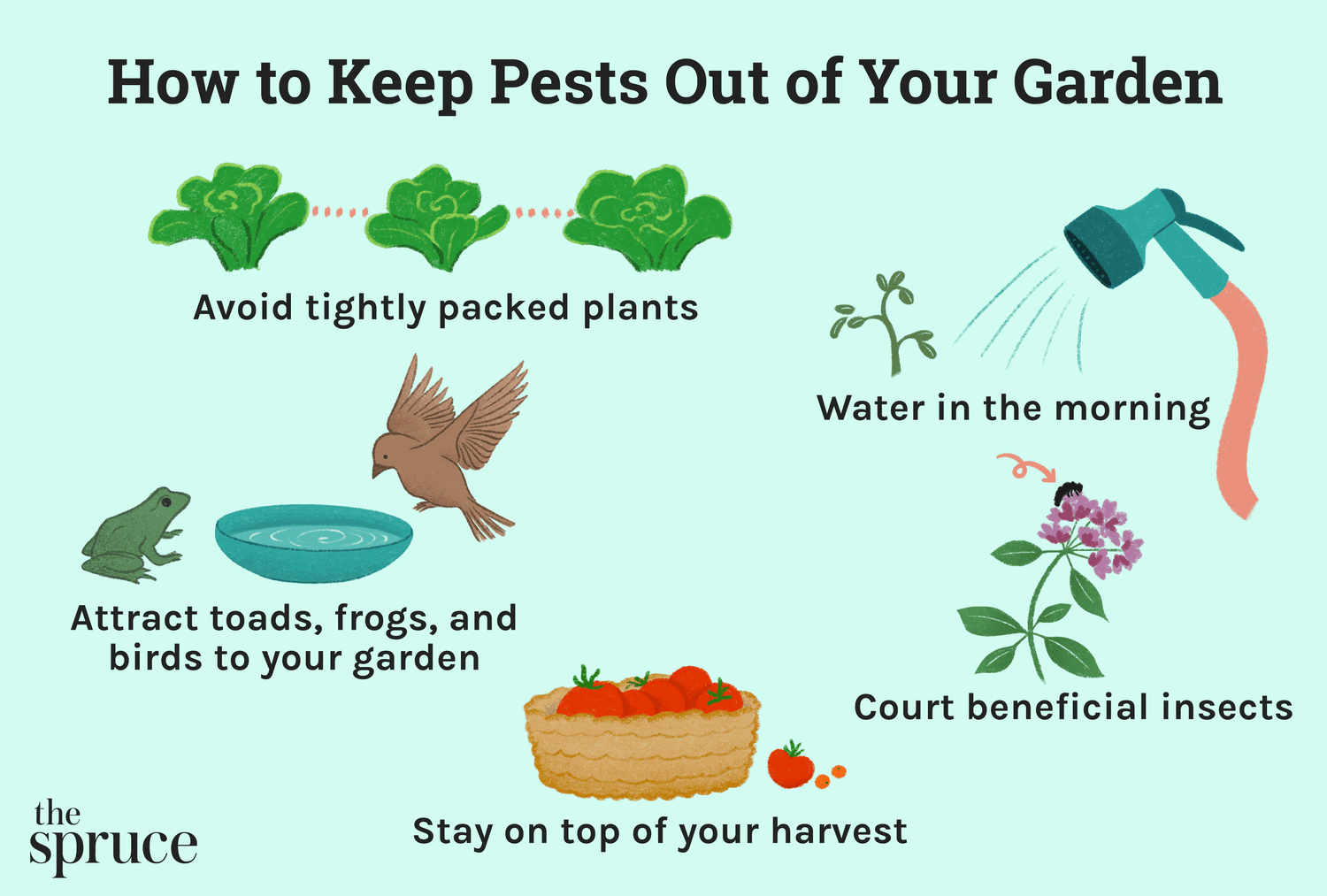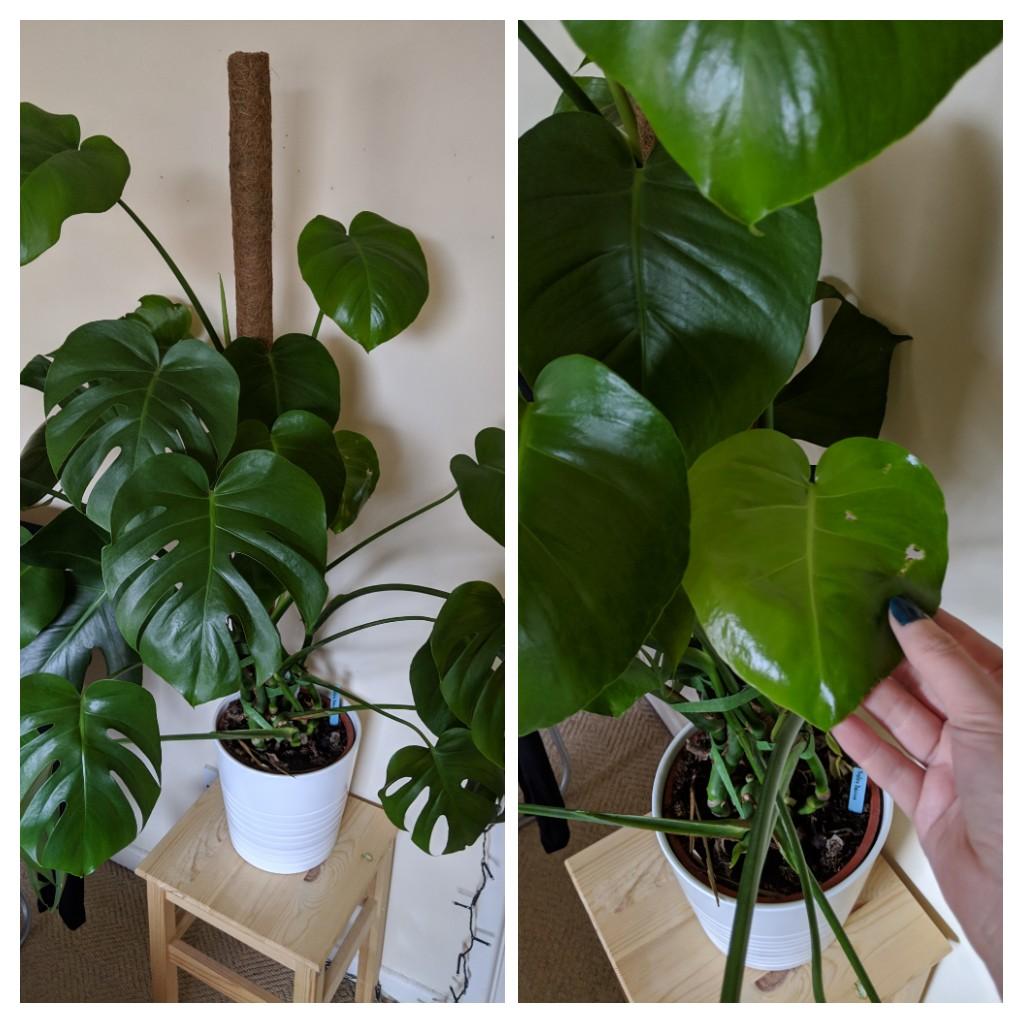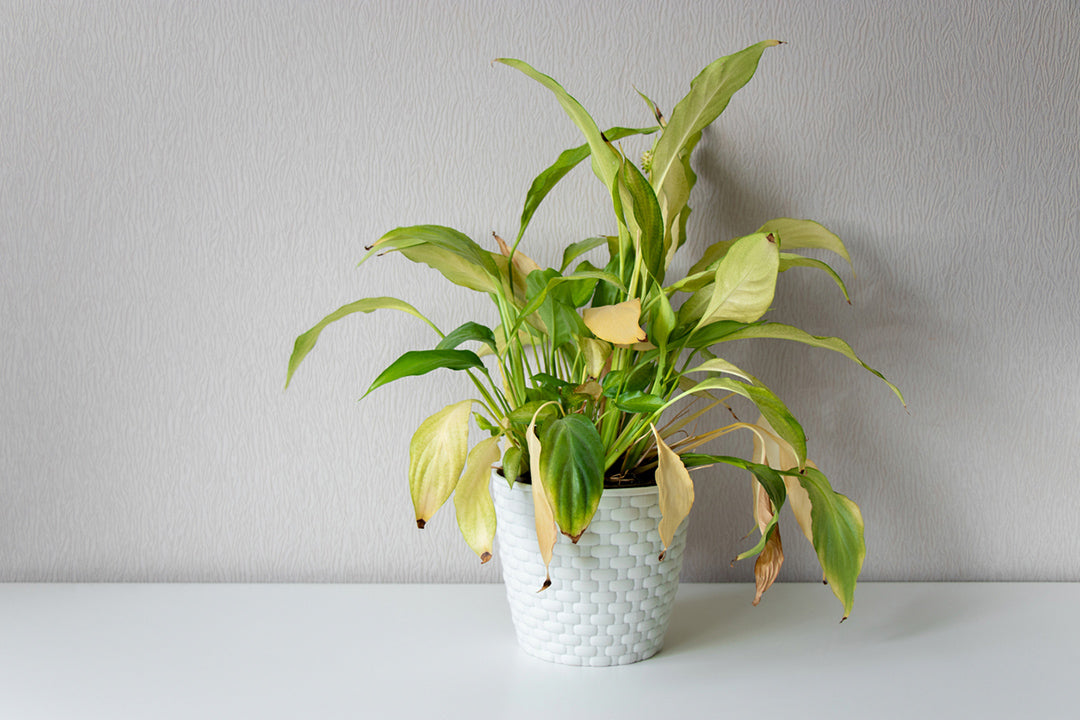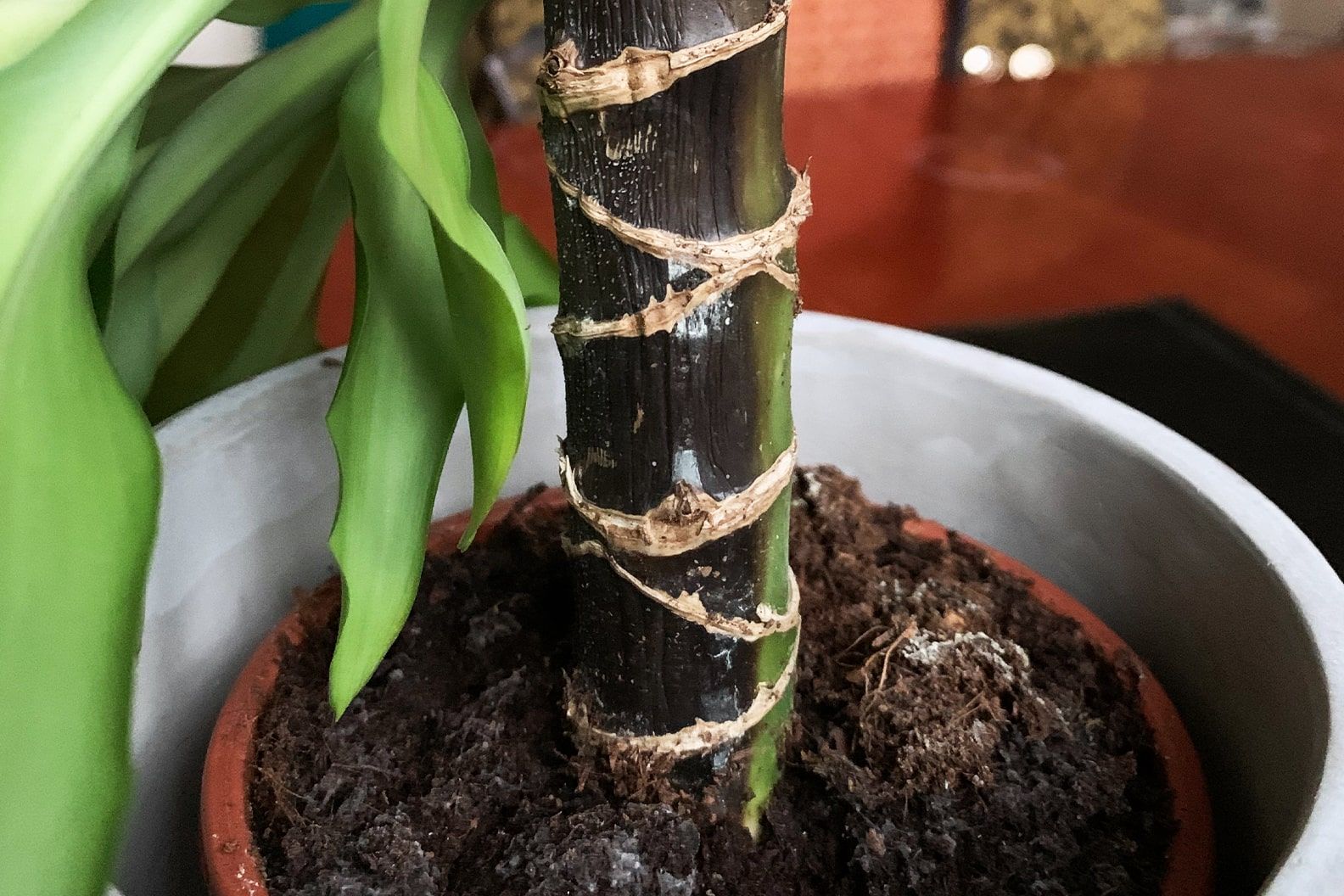Protecting Your Plants: How to Stop Pests from Eating Leaves
One of the biggest challenges gardeners face is keeping pests from devouring their beloved plants. Whether you’re dealing with pesky insects or hungry critters, it can be disheartening to see your hard work destroyed overnight. However, there are several effective methods you can use to protect your plants and keep pests at bay. Here are some practical tips to help you stop pests from eating your leaves:
1. Identify the Culprits
The first step in addressing a pest problem is identifying the specific pests that are causing damage to your plants. Different pests require different solutions, so it’s important to know exactly what you’re dealing with. Some common leaf-eating pests include caterpillars, aphids, slugs, and snails. Once you’ve identified the culprits, you can research the best methods for controlling them.
2. Use Natural Predators
One of the most effective ways to control pests in your garden is to introduce natural predators that feed on the pests. For example, ladybugs are voracious aphid-eaters, while praying mantises will happily devour caterpillars. By attracting these beneficial insects to your garden, you can create a natural balance that will help keep pest populations in check.
3. Create Physical Barriers
If you’re dealing with larger pests like deer or rabbits, creating physical barriers around your plants can be an effective way to protect them. Fencing, netting, and row covers are all options for keeping pests at bay. Just be sure to secure the barriers tightly to prevent pests from finding their way in.
4. Try Organic Pest Control Sprays
If you prefer to use a more proactive approach to pest control, there are several organic sprays you can use to deter leaf-eating pests. Neem oil, insecticidal soap, and garlic spray are all effective options that won’t harm your plants or the environment. Just be sure to follow the instructions carefully and apply the sprays regularly for best results.
5. Practice Good Garden Hygiene
Maintaining good garden hygiene is crucial for preventing pest infestations. Remove any fallen leaves, weeds, or debris from your garden regularly to eliminate potential hiding spots for pests. Additionally, rotating your crops and avoiding overcrowding can help prevent the spread of pests from one plant to another.
6. Consider Companion Planting
Companion planting involves growing certain plants together to enhance each other’s growth and deter pests. For example, planting marigolds alongside your vegetables can help repel aphids and other pests. Research which plants work well together and experiment with different combinations to find what works best for your garden.
7. Monitor Your Plants Regularly
Finally, the key to preventing pests from eating your leaves is to monitor your plants regularly for signs of damage. Keep an eye out for chewed leaves, holes, or discoloration, as these are all indicators of pest activity. By catching the problem early, you can take action quickly and prevent further damage.
With these tips in mind, you can arm yourself with the knowledge and tools you need to protect your plants from leaf-eating pests. Remember, a healthy garden is a balanced ecosystem where pests and beneficial insects coexist. By taking a proactive approach to pest control and implementing these strategies, you can enjoy a thriving garden free from pesky leaf-eaters.



